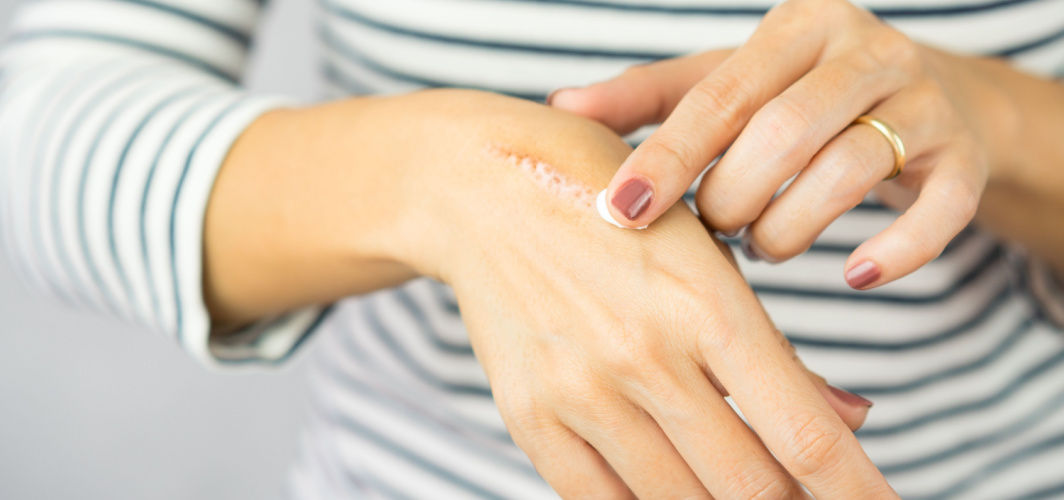Diabetes Management
Public Health Initiatives: Aiding Diabetes Outcomes
2 min read
By Apollo 24|7, Published on - 10 September 2024
Share this article
0
0 like
.jpg?tr=q-80)
Diabetes is a rising concern in India as the estimated population of diabetics is 10.1 crore or 101 million as of 2023 in the country. Managing the ailment requires constant monitoring and lifestyle adjustments. But, it's not just an individual effort. Government bodies and public health organisations are also playing roles in improving diabetes outcomes. Let's understand how.
Government Efforts for Controlling Diabetes
The Indian government has embarked on several initiatives to control the escalating threat of diabetes. The National Programme for Prevention and Control of Cancer, Diabetes, Cardiovascular Diseases and Stroke (NPCDCS) provides resources for early diagnosis, management, and referral to states/union territories. This programme particularly focuses on screening individuals over 30 years of age.
Ensuring Accessible Medications
Understanding the financial constraints of many citizens, there are provisions for free essential medicines, including insulin for those in need. These medications are provided under the Free Drugs Service Initiative of the National Health Mission (NHM). Furthermore, quality generic medicines are made available at reasonable rates under Pradhan Mantri Bhartiya Janaushadhi Pariyojana (PMBJP).
Financial Aid for Treatments
The Ayushman Bharat - Pradhan Mantri Jan Arogya Yojana (PMJAY), offers free or heavily subsidised treatments in government hospitals to over 10 crore eligible families.
Fostering Research and Awareness
Institutions like the Department of Biotechnology support research projects on various aspects of diabetes under its "Chronic Disease Program." Also, efforts are made to educate the public about diabetes through clear and simple messages via platforms like Healthy-India.org sponsored by the Ministry of Health and Family Welfare.
Wide-scale Screening
Population-based screening for common non-communicable diseases (NCDs), including diabetes, has been introduced under NHM for individuals over 30 years. Screening and treatment for diabetes are being scaled up to cover 7.5 crore people by 2025 under a new initiative introduced by the Ministry of Health and Family Welfare in collaboration with WHO.
These initiatives aim to bolster diabetes prevention, early detection, affordable treatment, and management. However, for better impact, more specific interventions and community involvement are necessary.
For individuals struggling with diabetes management, programmes like Apollo Super 6 can provide personalised support and tools for a healthier lifestyle. This programme is scientifically designed to instigate lifestyle changes and reduce key health indicators such as HbA1c levels, weight, blood sugar levels etc., for better diabetes management.
Diabetes Management
Consult Top Diabetologists
View AllLeave Comment
Recommended for you
.jpg?tr=q-80)
Diabetes Management
Preventing Diabetic Ulcers: Strategies for Foot Health
Effective foot care is crucial for individuals with diabetes. Understanding and implementing strategies like daily foot checks, comfortable footwear, blood sugar control, regular moisturisation, and more can help prevent diabetic ulcers and maintain overall foot health. The Apollo Super 6 programme offers comprehensive guidance on diabetes management, making your health journey smoother and more manageable.
.jpg?tr=q-80)
Diabetes Management
Prediabetes Diet: Foods to Eat and Avoid
A prediabetes diagnosis doesn't mean you have to give up all your favourite foods. It's about making smart swaps and balancing your plate. Try opting for whole fruits, vegetables, lean proteins, and whole grains while limiting your intake of refined carbohydrates, sugars, and unhealthy fats. Remember, portion control is key! Combine these dietary changes with lifestyle modifications to effectively manage prediabetes.

Diabetes Management
How Diabetes Impacts Wound Healing?
Diabetes is known to hinder wound healing due to several reasons. High blood sugar levels reduce blood flow and impair immune responses, increasing the risk of infections. Diabetic neuropathy can delay wound discovery, while impaired collagen formation and the presence of advanced glycation end products further complicate the healing process. Managing blood sugar levels and seeking prompt medical attention for wounds are crucial to prevent and address these challenges.
Subscribe
Sign up for our free Health Library Daily Newsletter
Get doctor-approved health tips, news, and more.
Visual Stories

8 Fruits That are Incredibly Healthy for Diabetes
Tap to continue exploring
Recommended for you
.jpg?tr=q-80)
Diabetes Management
Preventing Diabetic Ulcers: Strategies for Foot Health
Effective foot care is crucial for individuals with diabetes. Understanding and implementing strategies like daily foot checks, comfortable footwear, blood sugar control, regular moisturisation, and more can help prevent diabetic ulcers and maintain overall foot health. The Apollo Super 6 programme offers comprehensive guidance on diabetes management, making your health journey smoother and more manageable.
.jpg?tr=q-80)
Diabetes Management
Prediabetes Diet: Foods to Eat and Avoid
A prediabetes diagnosis doesn't mean you have to give up all your favourite foods. It's about making smart swaps and balancing your plate. Try opting for whole fruits, vegetables, lean proteins, and whole grains while limiting your intake of refined carbohydrates, sugars, and unhealthy fats. Remember, portion control is key! Combine these dietary changes with lifestyle modifications to effectively manage prediabetes.

Diabetes Management
How Diabetes Impacts Wound Healing?
Diabetes is known to hinder wound healing due to several reasons. High blood sugar levels reduce blood flow and impair immune responses, increasing the risk of infections. Diabetic neuropathy can delay wound discovery, while impaired collagen formation and the presence of advanced glycation end products further complicate the healing process. Managing blood sugar levels and seeking prompt medical attention for wounds are crucial to prevent and address these challenges.


